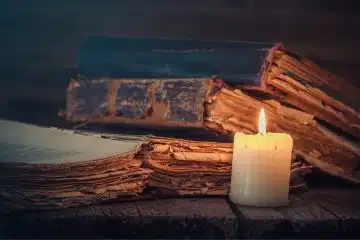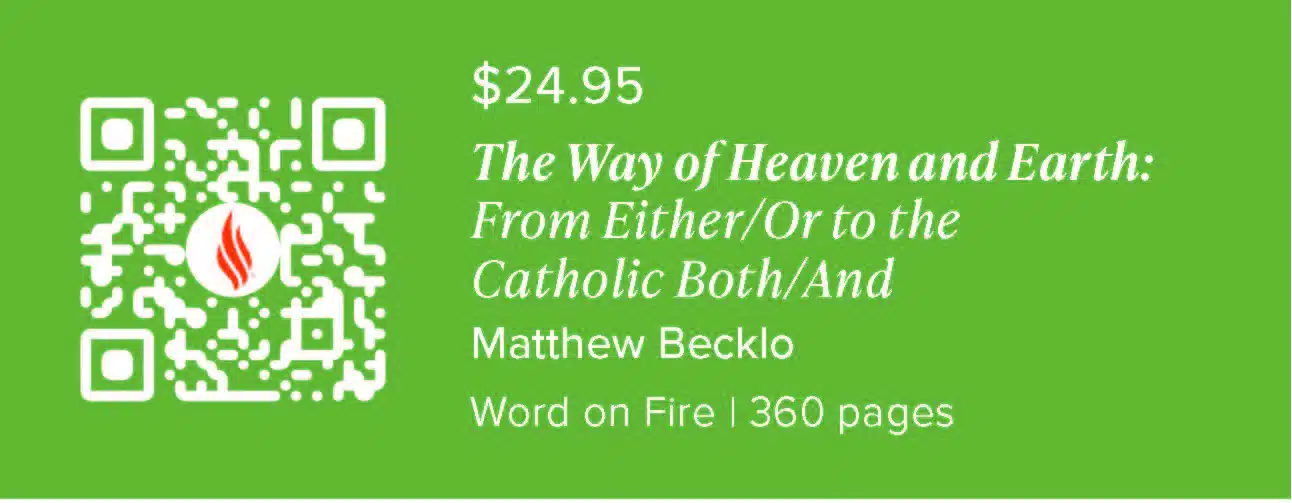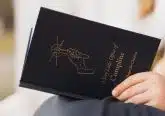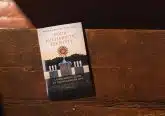Book Review: The Way of Heaven and Earth
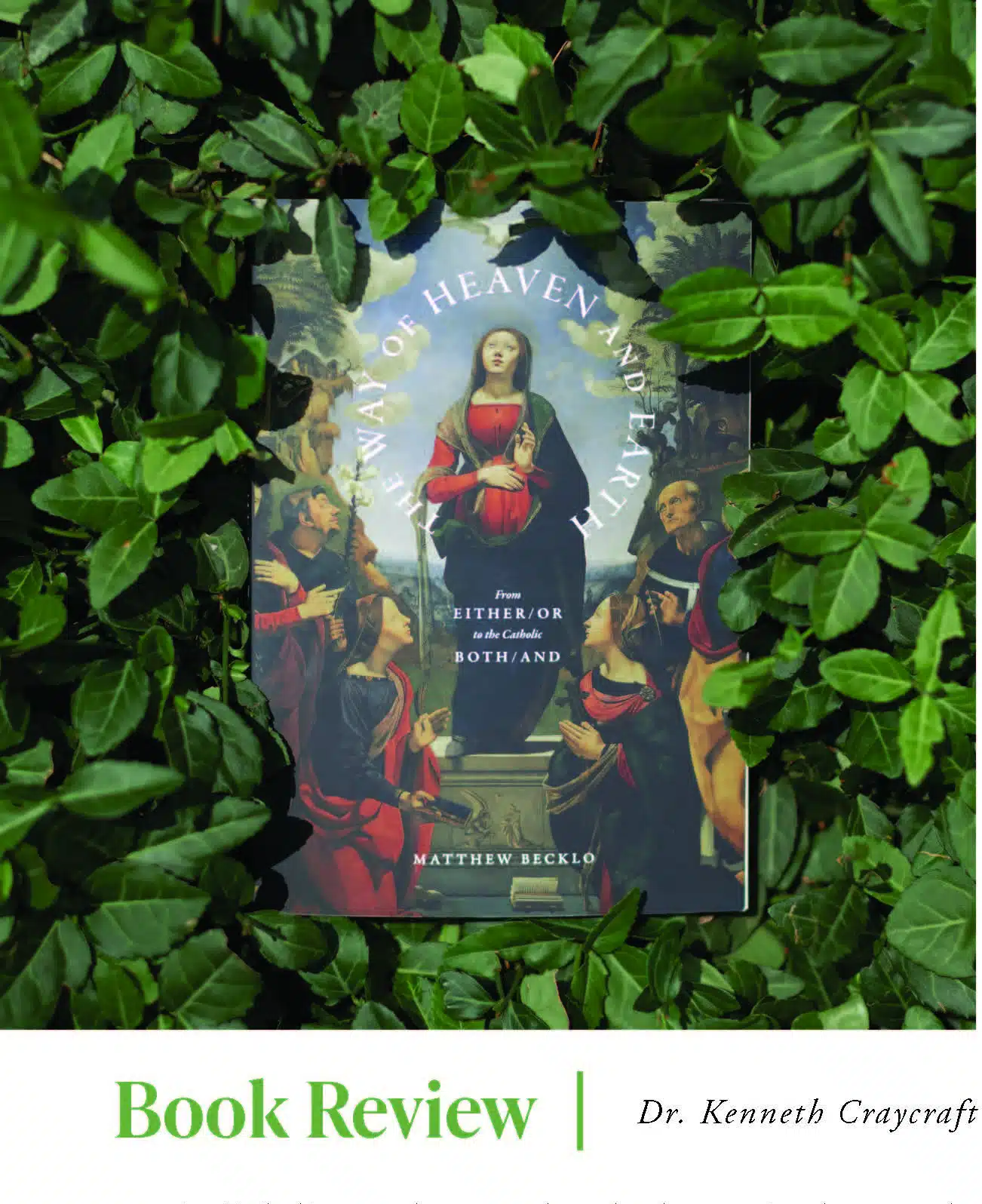
As Catholics, we do not make a hard separation between the sacred and the profane, nor do we see “secular” things as somehow inhabiting a different world from “religious” things. Yes, we can identify the conceptual difference between the secular and the religious for certain purposes, but these are two ways of describing the world, not two words corresponding to two different worlds. “All that is, is good,” as Haydn’s opera The Creation puts it, echoing Genesis 1:31: “God looked at everything he had made, and found it very good.”
All that exists is also fallen, to be sure. Thus, Christ came to redeem and restore all good things to their natural states. “Sacred” and “secular” may be useful taxonomies for certain purposes. For example, we understand that the sacred enriches and sustains the secular. Conversely, secular things should be ordered toward the sacred. This means, among other things, that the sacred informs our understanding and use of secular things. But these conceptual distinctions are rooted in the fundamental unity of all creation as belonging to God, shared for our use and enjoyment. Christ redeems all things and, ultimately, restores all things to their original goodness.
This is the spirit of Matthew Becklo’s excellent and highly readable new book, The Way of Heaven and Earth: From Either/Or to the Catholic Both/And. Becklo understands that the Catholic theology of “both/ and” cuts against the (un)natural tendency of popular culture to divide all things into “either/or.” This inclination is rooted in an ancient dualist heresy variously known as “Gnosticism” or “Manichaeism.” But it permeates many aspects of American public life today, including, unfortunately, many non-Catholic Christian traditions. Protestant fundamentalism, for example, situates its entire theology in an “either/or” framework. In this sense, it is no different from secularist or even atheistic views of the world. “Whether it’s religion, philosophy, culture, politics, or art, we find ourselves in a fiercely divided world,” Becklo writes: “divided countries, divided states, divided communities, divided families, divided minds.”
But this is not the Catholic way, Becklo explains. “The Church’s dogmas, doctrines, … sacraments, saints, and social teachings—all of it comes back to both/and.” This is captured in the very title of the book, which, of course, is an echo of the Lord’s Prayer: “Thy will be done on earth as it is in heaven.” When we make this prayer, we are seeking to put ourselves at the service of heaven for the sake of the earth, uniting the former with the latter in the fullness of redemption.
Toward developing this theme, The Way of Heaven and Earth is structured in short, accessible chapters, exploring how the notion of both/and plays out in any number of ways—faith and reason, Jesus as God and man, morality as discipline and liberality, knowledge as faith and reason, work and leisure. And the book closes with an appendix collating numerous quotes from across Catholic history, illustrating the rich history of both/and. I can say without hesitation that The Way of Heaven and Earth is among the most lay-friendly Catholic books I have read in quite some time. As such, I highly recommend it to readers of The Catholic Telegraph (and everyone else).
This article appeared in the August 2025 edition of The Catholic Telegraph Magazine. For your complimentary subscription, click here.




